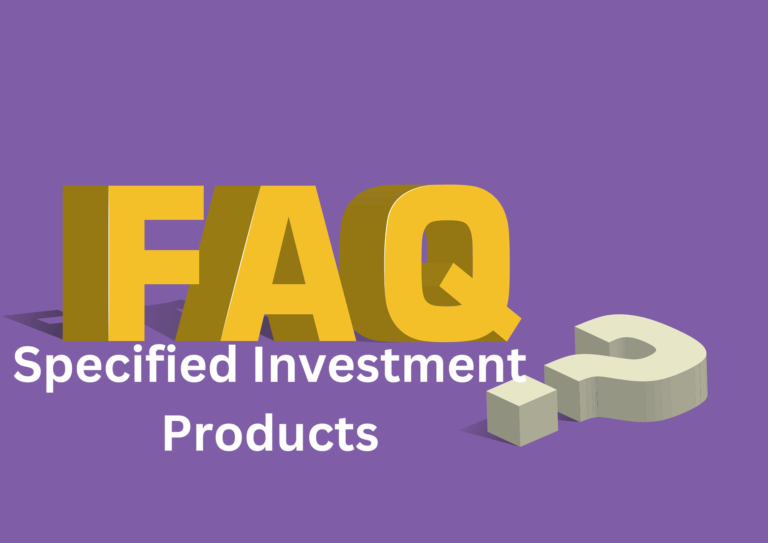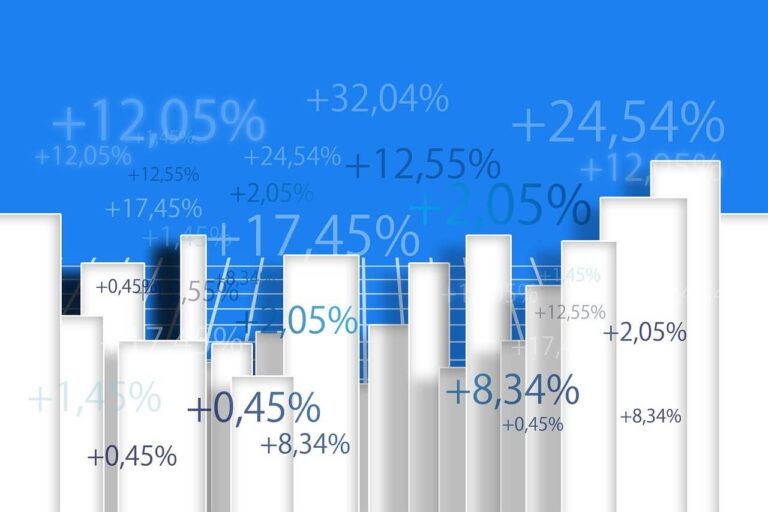How to Choose the Right Broker for Trading
Find the right broker for your trading needs by comparing fees, services, and regulation. Here are key steps to ensure a secure and successful investment experience.
The stock market can be confusing and unpredictable, especially for beginners. That’s why choosing the right stock broker is important for your success as an investor. A good broker gives you access to the market and also provides tools and resources to help you make smart decisions. They can offer helpful advice and support as you navigate your investment journey.
Finding the right broker is key when it comes to trading. Brokers act as a link between you and the financial markets. They enable one to buy and sell stocks and manage your investments through the broker. It might feel overwhelming to find the broker that fits your needs because of the many choices of brokers.
However, selecting the right broker isn’t as difficult as it seems. It has to do with understanding your investment goals, how much involvement you want in managing your investments. And what fees you’re willing to pay, if there is any for your brokerage account.
What Is a Broker?
A broker acts as a link between you and the stock market. It is a marketplace where financial assets are bought and sold. Since only members of the exchange can place orders, you need a broker to handle your buy and sell requests.
Types of Brokers
There are various types of brokers. And it is important to Know the differences that can help you find the right one for your needs.
Full-Service Brokers
Full-service brokers offer different types of services. These services are investment advice, research reports, and portfolio management. They are a good fit for investors who prefer a one time approach and don’t mind paying higher fees for personalized help.
Discount Brokers
Discount brokers focus on self directed trading and charge lower fees. They provide the essential tools and resources for independent traders but usually don’t give investment advice. These brokers are best for experienced traders who like to have more control over their investments.
Online Brokers
Online brokers operate solely on the internet, giving you a platform to make trades on your own. They offer different financial products and often have competitive pricing. Online brokers are great for self-directed traders looking for flexibility and convenience.
READ ALSO: Trade with Candlestick Patterns Like A Pro
READ ALSO: Best Emerging Markets Funds: All You Need To Know
READ ALSO: How to Trade Options Volatility And Pricing
READ ALSO: How to Read Stock Charts for Beginners
Steps To Help you Choose The Right broker For Trading
Identifying Your Investment Goals
Before you start investing, it’s important to ask yourself these questions. Are you aiming for quick profits? or are you looking to grow your wealth over time? A clear understanding of this will guide you in choosing the right assets and the level of risk you’re comfortable with. Your financial situation and long-term goals will also influence these choices. It will help you balance risk and reward based on what works best for you.
Assessing Your Risk Tolerance
Knowing how much risk you’re willing to take is also important when selecting a broker. Some brokers deals with high-risk investments, while others are more suited for cautious traders. Understanding your risk tolerance will help you pick a broker that fits your comfort level and financial objectives.
Determining Your Trading Style
Your trading approach matters when choosing a broker. Are you an active day trader making multiple trades daily? or do you prefer a longer-term hands-off strategy? Your trading style influences the tools and features you’ll need from your broker. So it’s important to find one that supports your approach.
Factors to Consider When Choosing a Broker
Identify Your Trading Style
Start by figuring out your trading style. Are you a long-term investor? or do you prefer short-term trades? Are you looking to trade stocks, options, futures, or forex? Different brokers focus on different types of trading. This is why it’s important to choose one that aligns with what you want to do.
Look at Trading Costs
Trading costs can differ a lot among brokers. So it’s wise to consider these costs before making a choice. Find a firm with competitive commissions and fees. Watch out for account maintenance fees, minimum balance requirements or any other hidden charges.
Check for Trading Tools and Resources
Another key factor is the availability of tools and resources. Look for a brokerage that provides a range of helpful tools. Some of these tools are research reports, market analysis, and educational materials. These resources can help you make better trading decisions.
Ensure Regulatory Compliance
Before selecting a broker, make sure it meets all regulatory requirements. Check if the firm is registered with the relevant financial regulatory. These organizations ensure that brokers follow the rules.
Consider Customer Service
Checking for good customer service is essential when choosing a broker. Look for a firm that offers helpful and responsive support. Also access to a dedicated account manager can also be a big plus.
Account Types and Investment Options
Investors have different preferences when it comes to account types and assets. Look for a broker that offers a variety of accounts. These accounts can be individual brokerage, joint accounts, retirement accounts, or managed portfolios. Also check the range of investment options like stocks, bonds, ETFs, and mutual funds to ensure they meet your needs.
Additional Services and Benefits
Some brokers offer extra features like access to IPOs, extended trading hours, or advanced tools. These tips can enhance your trading experience though they aren’t always essential. They might provide added convenience and value in your investment journey.
Reputation and Track Record
It’s important to choose a broker with a strong reputation and a history of reliability. Research customer reviews, check for any awards or recognitions, and make sure they’re regulated by a trusted financial authority. A clean disciplinary record is also a positive sign that your money will be in safe hands.
Security Measures
Security should be a top priority when trading online. Make sure your broker uses strong measures like two-factor authentication (2FA), encryption, and account segregation to protect your information and funds.
Mobile Trading Capability
mobile trading is important because of the conviniency. A good broker should offer a mobile app that allows you to manage trades and monitor markets wherever you are. The app should have the same features as the desktop version to give you full control of your investments on the go.
Frequently Asked Question
How to Choose the Best Broker?
When looking for a broker, your top priority should be ensuring their safety and regulation. Check if they are properly regulated by recognized authorities which guarantees they follow industry rules and protect your funds. Also, consider their trading fees as well as any extra charges for non-trading activities like withdrawals.
Look into the services they offer, such as trading tools, research resources, and customer support. Finally, make sure their platform is easy to use and that they provide reliable deposit and withdrawal options.
How to Tell if a Broker is Reliable?
To determine if a broker is trustworthy you have to verify that they are regulated by a well-known financial authority either locally or globally. This regulation ensures that the broker follows specific rules and protects your investments. Check their registration number and confirm it through the regulator’s official website for accuracy.
How To Find a Trusted Broker?
To find a reliable broker, start by reading testimonials and reviews from other clients. Honest feedback can give you insight into their services. Be cautious about fake or overly positive reviews. Most importantly, always verify that the broker is regulated because it will add an extra layer of security to your trading.
Can My Trading Account Be Hacked?
Whenever you use online platforms that require login credentials, there is always a risk of hacking. If someone gains control of your account information, lets say your username and password. They can potentially access and misuse your stocks or funds. To reduce this risk it’s essential to use strong passwords, enable security features like two-factor authentication, and stay alert to any suspicious activity.
Conclusion
As you embark on your trading journey it is advised you choose the right broker for a better experience. Focusing on key factors will help you find a broker that meets with your trading style and investment goals. As a beginner looking for guidance or an experienced trader seeking advanced tools, taking the time to research and compare brokers will set you on the path to success.







